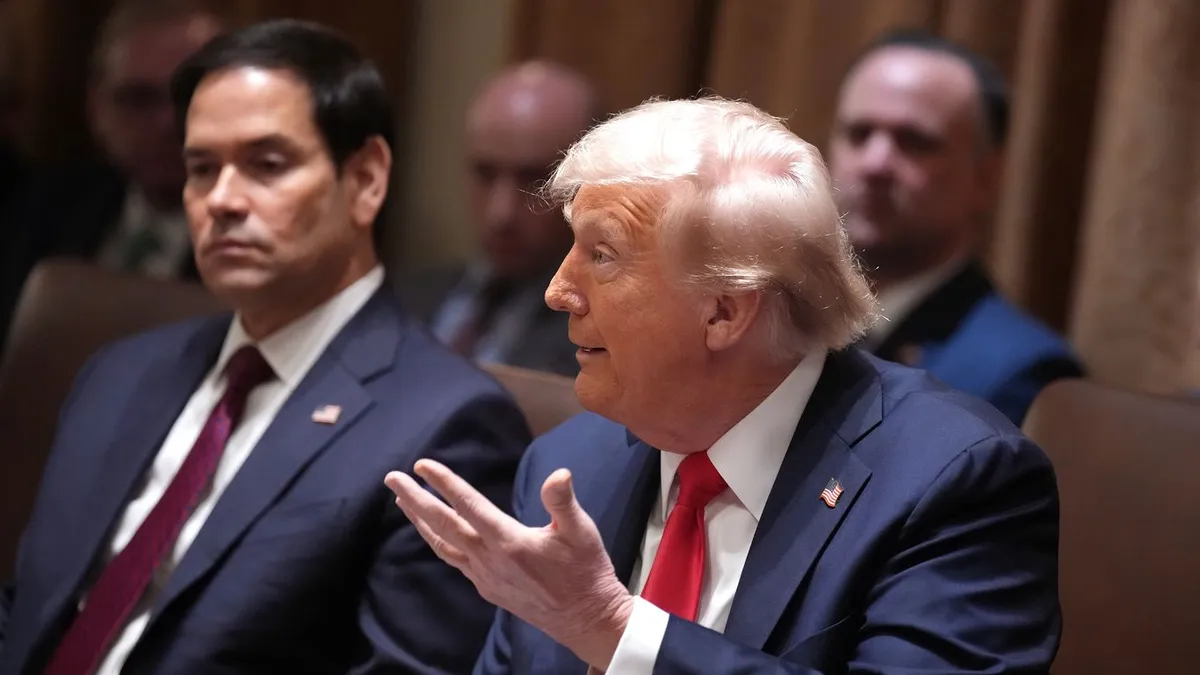
A federal judge has mandated that the Trump administration must disburse millions of dollars in frozen foreign aid to partners of the United States Agency for International Development (USAID) by the upcoming Monday. This ruling comes amid ongoing discussions about the allocation of foreign aid and the operational challenges faced by organizations relying on these funds. The decision underscores the judiciary's role in ensuring that governmental procedures align with the commitments made to international partners.
The court's order specifically pertains to a portion of the nearly $2 billion in foreign aid that had previously been put on hold. This financial support is crucial for various humanitarian and development initiatives around the globe, and the judge's ruling aims to facilitate the resumption of these essential programs. By compelling the Trump administration to release these funds, the court is reinforcing the importance of adhering to established financial agreements with international partners.
The ruling has significant implications for USAID and the broader landscape of international aid. Many organizations that collaborate with USAID depend on timely access to funding to implement critical projects. The freeze on foreign aid had raised concerns about the potential disruption of services that benefit millions worldwide. The judge's decision is expected to alleviate some of these concerns, enabling partners to continue their vital work.
This ruling occurs within a complex political landscape, as discussions about the allocation of foreign aid continue to evolve. The Trump administration has faced scrutiny over its foreign aid policies, and this decision may further ignite debates regarding the administration's approach to international relations and support. Observers will likely monitor how this ruling affects future foreign aid disbursements and the potential for similar legal challenges.
In a related topic, speculation is growing around Justice Amy Coney Barrett and her potential influence in ongoing cases involving the former president. As the Supreme Court navigates various legal challenges surrounding Trump's actions during his presidency, Barrett's vote could prove pivotal in shaping the outcomes of these significant cases. Legal experts are closely analyzing her judicial philosophy and past rulings to predict her stance on matters that may arise in court.
As these developments unfold, the legal landscape regarding foreign aid and the Trump administration's policies will remain a focal point of discussion among policymakers, legal analysts, and the public alike.